Sleep is one of the primary factors that define human’s health; it is considered to be a component of mental health. Amount and quality of sleep have a close relationship with a person’s mood, memory, and the ability to withstand stress. On the other hand, sleep disorders can worsen other mental disorders including depression, anxiety and bipolar disorders. This blog looks at the interaction between sleep and mental health, with a strong focus on the need to take adequate restful sleep.
The Science behind Sleep and Mental Health
Sleep supports critical brain functions, including:
• Emotional Processing: Hypnotic aggression, like other responses central for emotion, is thought during sleep and included in a mood regulation.
• Stress Management: Full night’s sleep lowers stress hormones such as cortisol, and helps to maintain a healthy emotional state.
• Cognitive Function: Sleep contributes to memory, problem-solving, and decision making all of which are vital for mental health.
However, when ordinary sleep is interfered with, these processes are hampered increasing susceptibility to mental diseases.
How Sleep Affects Specific Mental Health Conditions
- Depression
- Patients diagnosed with depression often have conditions such as insomnia or hypersomnia.
- It was found that getting enough sleep does not help but rather leads to increase in levels of the ‘blues’, hopelessness and tiredness.
- Anxiety Disorders
- o Lack of sleep conditions the brain to have a heightened amygdala, which makes people easily irritated or fearful.
- o Insomnia is always linked to anxiety, as the two are almost always present together because anxious thoughts make it hard to even get to sleep or when one is awake throughout the night
- Bipolar Disorder
- Irregular sleep patterns can trigger manic or depressive episodes. For example, reduced sleep during mania can fuel heightened activity and impulsive behaviors.
- PTSD (Post-Traumatic Stress Disorder)
- Nightmares and poor sleep quality are hallmark symptoms of PTSD, often leading to chronic sleep deprivation and exacerbation of trauma-related symptoms.
Signs of Sleep-Related Mental Health Issues
• Trouble in getting to sleep (insomnia).
• One of the symptoms of stress that make people complain is tiredness in the morning even after they have slept for many hours.
• These include common symptoms such as becoming easily annoyed, more easily frustrated or having trouble concentrating.
• Consumption of alcohol or caffeine in order to regulate energy patterns
Strategies for Improving Sleep and Mental Health
- Follow a Consistent Sleep Schedule
- Go to bed and wake up at the same time every day, even on weekends, to regulate your circadian rhythm.
- Create a Restful Environment
- Keep your bedroom dark, quiet, and cool.
- Use comfortable bedding and remove distractions like electronic devices.
- Adopt a Relaxing Bedtime Routine
- Engage in calming activities, such as reading, meditation, or warm baths, to signal your body that it’s time to wind down.
- Limit Stimulants
- Avoid caffeine, nicotine, and heavy meals close to bedtime, as they can interfere with sleep quality.
- Exercise Regularly
- Physical activity promotes deeper sleep but should be done earlier in the day to avoid stimulating the body before bedtime.
- Seek Professional Help
- If sleep issues persist, consult a healthcare provider. Treatments may include Cognitive Behavioral Therapy for Insomnia (CBT-I) or medications like melatonin or sedative-hypnotics.
Conclusion
There is a bi-directional relationship between sleep and mental health such that disturbances to either affects the other. Good sleep hygiene is beneficial for physical health, but it also helps to build better emotional stability and higher cognitive performance. When it comes to sleep or mental, medical help should be sought after in order to get help with these problems. Recall that correct sleep is an essential component to restore the harmony of the human body and start healing the body and the soul.

